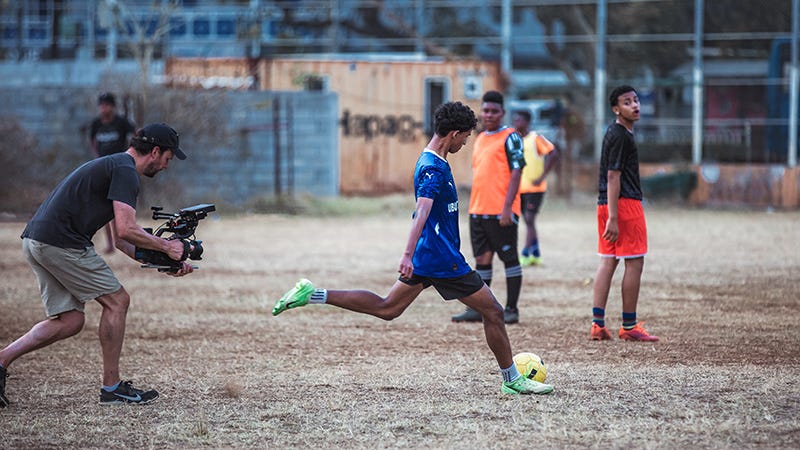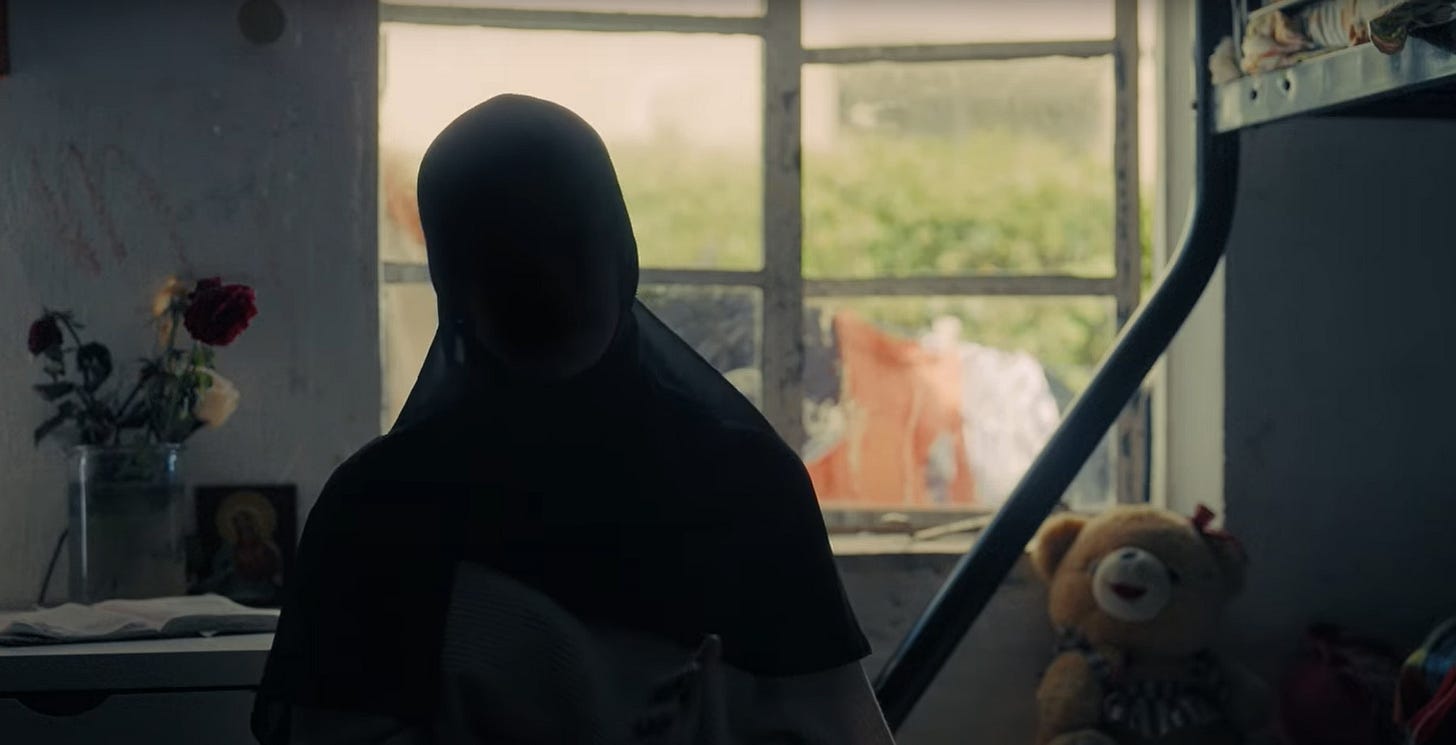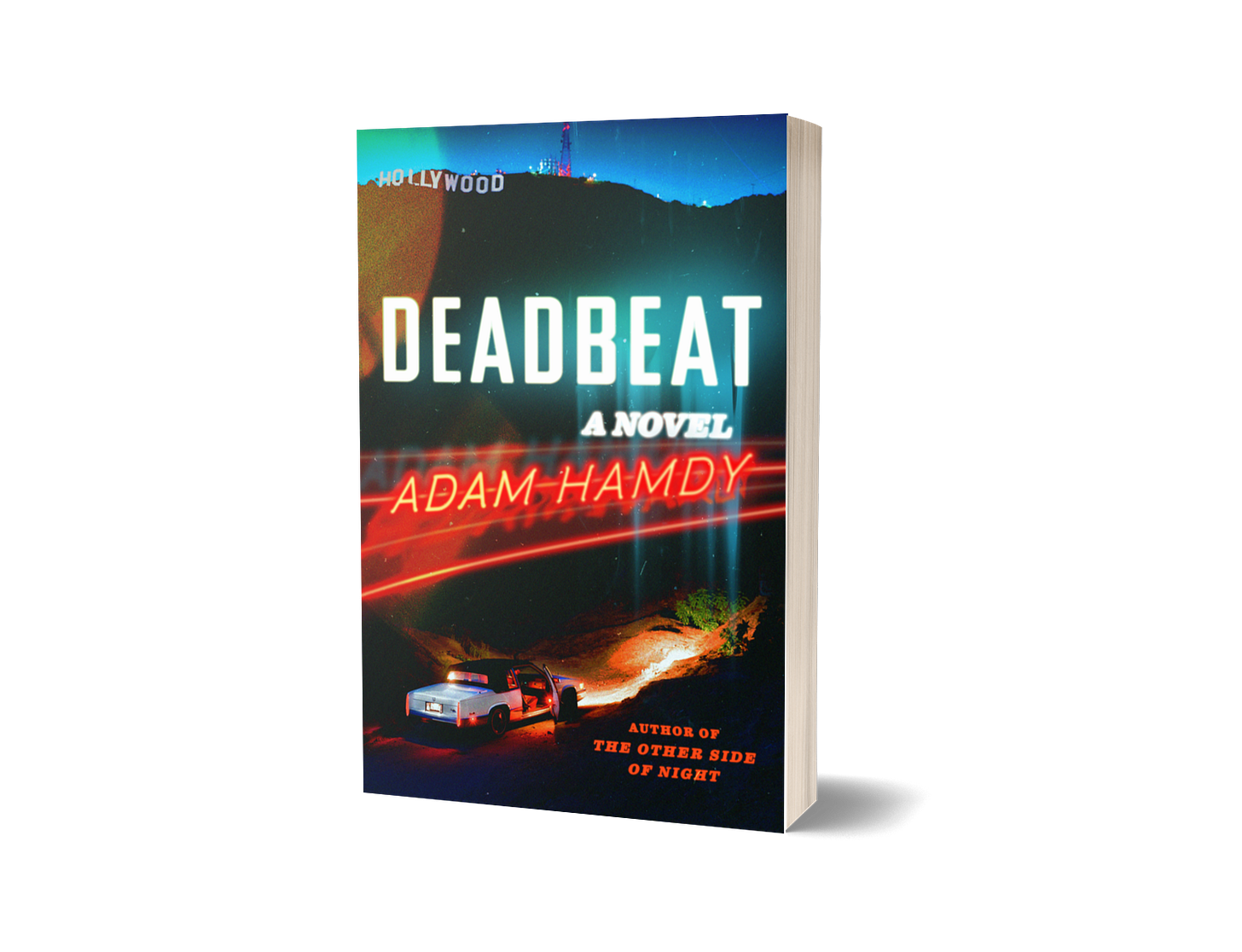Creating Opportunity for the Next Generation
Last year, I produced Ocean Star, a feature documentary about the challenges and opportunities facing young people who live in Mauritius. With my producing partner, Andreas Habermeyer, and director, Ruth Sewell, I wanted to explore some of the issues facing young people around the world through the lens of our tiny Indian Ocean island home. The film has continued to generate positive responses from festival selectors and juries around the world and was recently featured in L’Express, the leading newspaper in Mauritius.
The young people we featured in the documentary are so much more aware of the world and focused on meeting challenges and exploiting opportunities than I ever remember being at that age, and the key lesson I learned from making the film was that young people don’t need to be patronised or directed, they need to be supported.
One of the young people we followed is a talented footballer, Nathaniel Pytambar, who trains with the academy at the Cote D’Or National Sports Complex here in Mauritius.
NATHANIEL PYTAMBAR DURING FILMING OF OCEAN STAR
We were originally due to document Nathaniel playing in an international tournament in South Africa, but Mauritius’s participation in the tournament was called off at the last minute, so I suggested to his coach that we invite a leading European agent, Patrick Deane, and scout, Les Caffery, to assess the young talent at the academy. We flew them over to Mauritius, and not only did Patrick and Les spot Nathaniel as a promising young prospect, but they also identified two of his academy teammates as having the potential to impress European clubs.
We worked with Patrick and Les to identify an appropriate team and settled on Swindon Town. We put together a package of public and private funding to cover the three young players’ travel and accommodation costs to enable them to go to Swindon to trial with the club at the end of March. We’re not talking about huge sums of money in European terms, but for the average family in Mauritius, a country where the median annual income is $12,000 per year, the costs of supporting young people who want to take advantage of educational or professional opportunities can be prohibitive.
Building connections that enable young people to showcase their potential is relatively straightforward. Identifying sources of funding takes a little more time and effort but is well worth it because it translates potential into reality. Whether these three footballers go on to develop a deeper relationship with Swindon, the experience and opportunity will stay with them for the rest of their lives.
Opportunities can come in many forms. One of the other young people we featured in our documentary was a woman called ‘Jane’, a pseudonym chosen by the director to protect the identities of this young mother and her infant child.
“JANE” DURING FILMING OF OCEAN STAR
Jane was a resident of Safe Haven, a halfway house and women and children’s refuge which helps victims of partner abuse escape the cycle of violence and build new lives for themselves. Safe Haven has helped hundreds of young mothers develop the skills to secure long-term employment and save the deposit needed to buy their own homes. It has transformed the lives of hundreds of women and children and created a substantial positive ripple effect through society and the Mauritian economy. Once again, the sums involved in running Safe Haven aren’t huge by European standards, but it has a transformative impact on the lives and communities of people in Mauritius.
We’re living in a time of change and upheaval, and it’s easy to feel powerless in the face of huge social, economic, technological and political shifts, but we need to remember that we always have the power to make a difference. The future of the world lies in the hands of its young people, and this is one area where all of us have the potential to make a real difference. Helping a young person maximise opportunity might be as easy as paying attention to what they are doing, giving words of encouragement or facilitating an introduction. As politicians tell us we can’t afford to fund this scheme and that programme, it will increasingly fall to the individual to decide what’s important and how they can best support what matters to them.
I should probably mention my books to avoid getting locked in naughty author dungeon. Thanks to everyone who had bought a copy of Deadbeat. If you’ve enjoyed meeting Peyton Collard, please consider leaving a review on Amazon.com or Goodreads. Your endorsement can make a real difference to a book’s success.
Private Dublin, my next book with James Patterson, and my 16th published novel (!!!), will be out in May, and is available to pre-order now.
Until next time, wishing you and yours the very best
Adam








